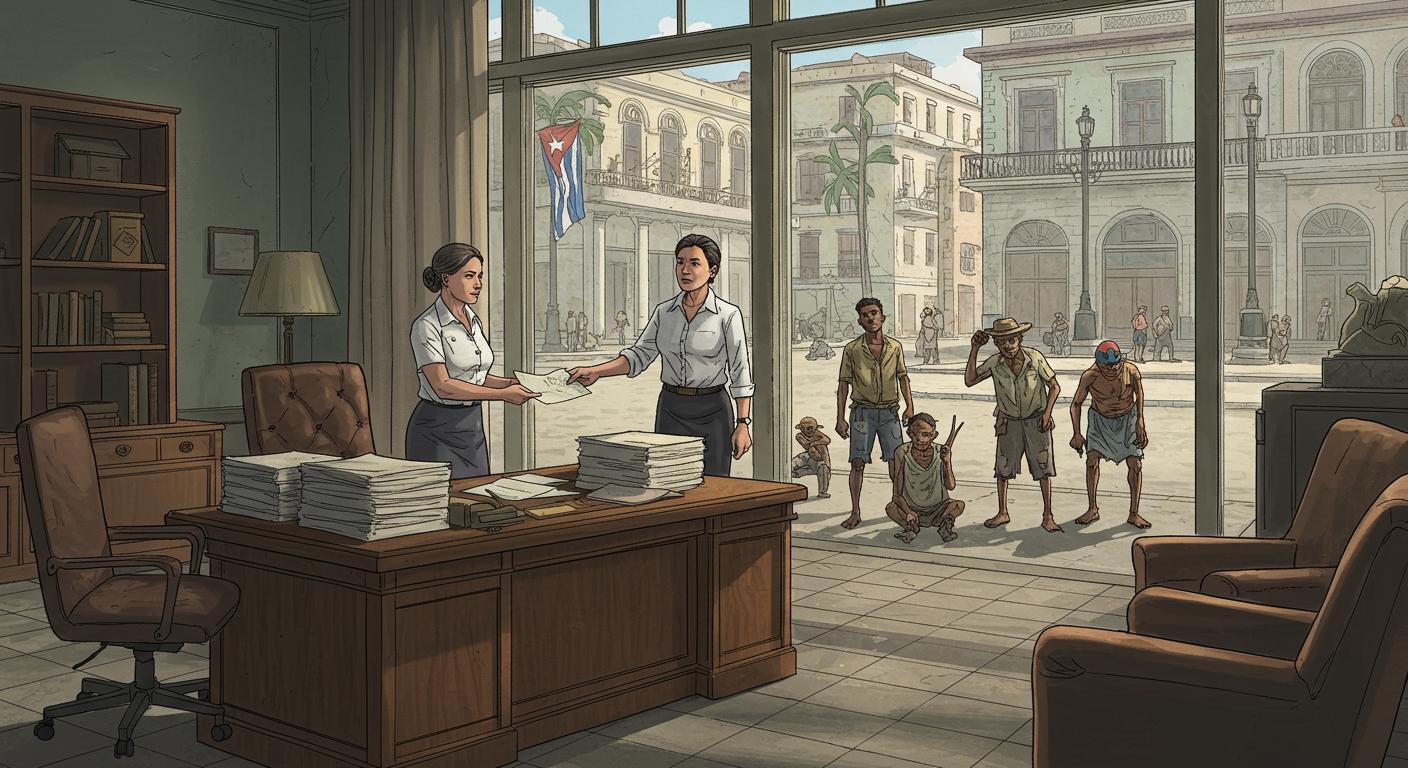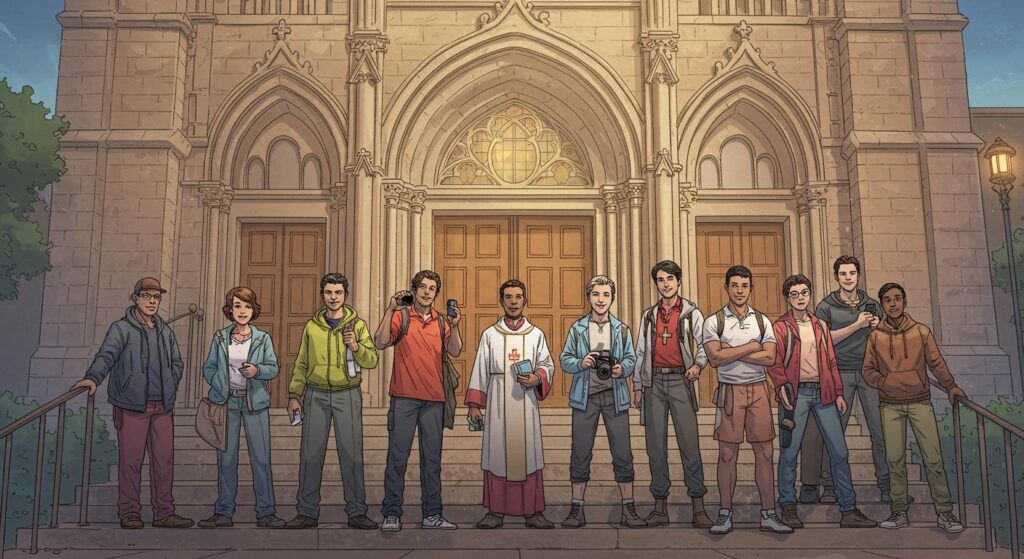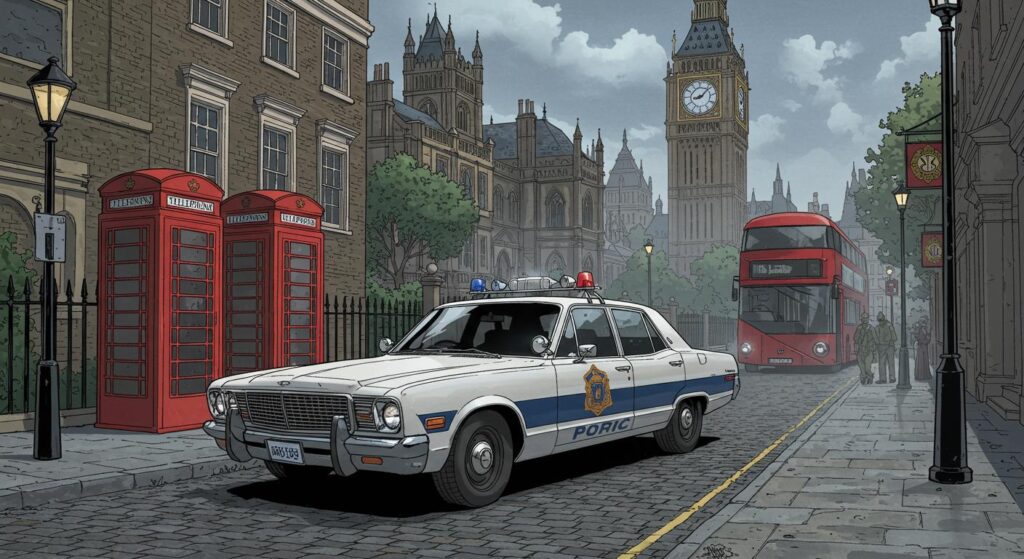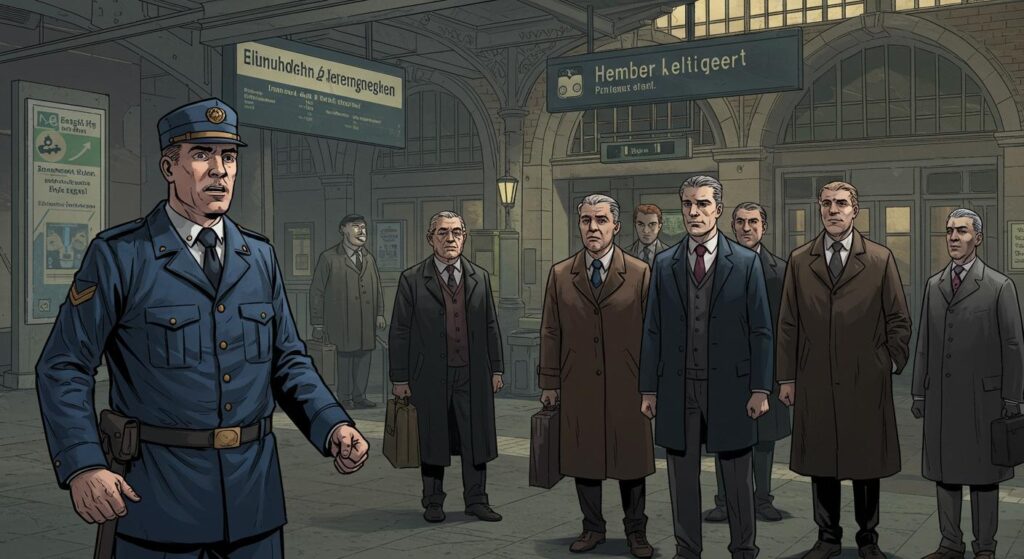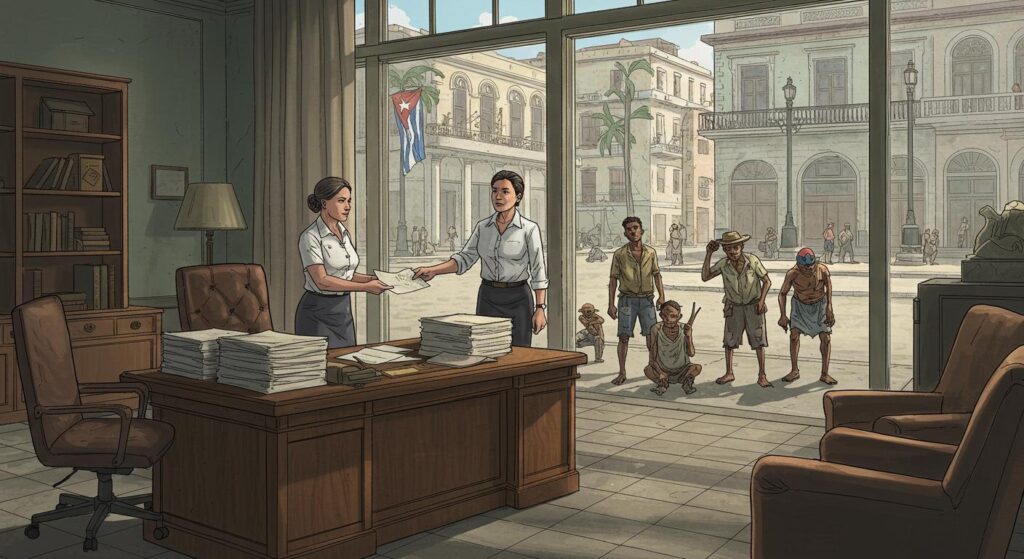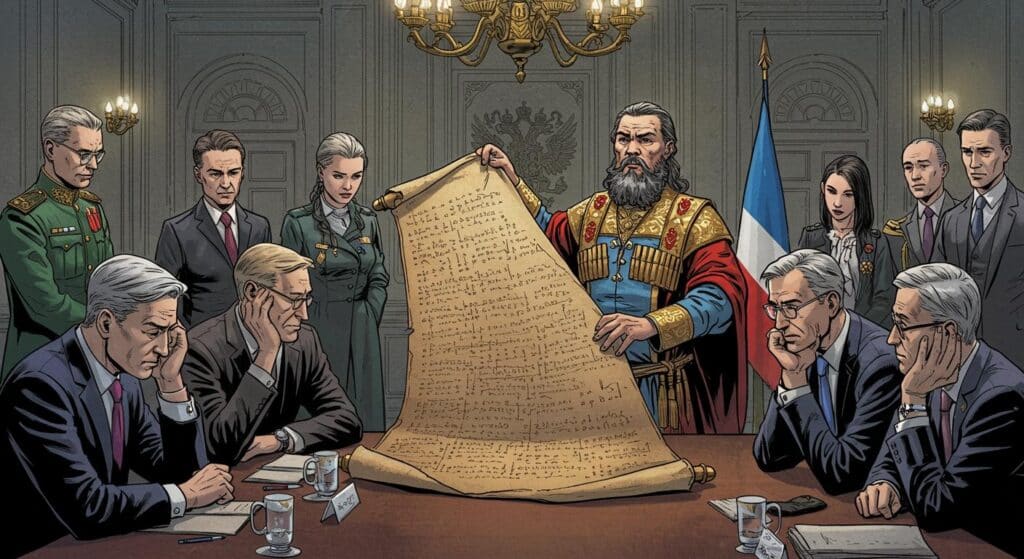It’s not every week that a government official resigns for rolling out a poverty policy that looks suspiciously like improv theater. And yet, as detailed by the Associated Press via Goshen News, Cuba’s Labor Minister Marta Elena Feitó Cabrera has done just that. Her assertion that beggars on Cuban streets are, in fact, merely “disguised as such,” managed to take official denial into new, perhaps performance-art-worthy territory.
When the Disguise Becomes the Policy
AP coverage notes that Feitó Cabrera’s remarks—that there are no beggars, only people posing as beggars—sparked immediate backlash. In response to the uproar, Cuba’s Presidency posted on X that she “acknowledged her errors and submitted her resignation.” One has to imagine the awkward cabinet conversations: Can public hardship simply be reclassified out of existence by official decree? If so, perhaps potholes will soon be relabeled as “urban character.”
Officials, it seems, sometimes attempt to redefine persistent hardships right out of the public narrative. Declaring visible poverty a mere costume party certainly fits that tradition—though it doesn’t typically improve the party for anyone actually living on the street.
The Evidence Refuses to Cooperate
The Associated Press provides a series of photos and accounts that quietly but firmly rebuke the notion of widespread pretending. Their coverage depicts a woman searching through a dumpster, street vendors waiting for customers out of the trunk of a classic car loaded with snacks, and a merchant navigating a blackout using rechargeable lamps. There’s even a man gathering aluminum cans from the trash for recycling. Each scene, as documented by AP, offers a straightforward counterpoint to any suggestion of “disguise.” It’s curious to imagine these individuals donning their “beggar” costumes each morning, though somehow their props always seem to include discarded bread crusts and battery-operated light sources rather than, say, feathered hats.
The AP details how such images are everyday fare in Havana, not standouts. Vendors find creative ways to wait for customers, people improvise during frequent power outages, and others survive by collecting recyclables. At a certain point, the photographic evidence—visible, persistent, and resistant to spin—starts to feel a bit unsubtle.
And yet, the claim from Feitó Cabrera seemed designed to absolve the system itself. By recasting visible suffering as performance, the blame slips away from structural issues and lands conveniently at the feet of the struggling. The presidency’s post hinting at her “errors” signaled a recognition, however belated, that not all of Cuba was buying front-row tickets to this interpretation.
The Limits of Narrative (and Costume Changes)
It’s not limited to Cuba; throughout history, officials everywhere have occasionally tried to explain away dire realities with creative redefinitions. But when the official story sails well past skepticism and into outright farce—as Feitó Cabrera’s did—the result is rarely increased public trust. The Associated Press observes that Havana’s streetscape left little room for her version of events to gain traction.
After all, asking citizens not to believe their own eyes—or to believe that what they’re seeing is just for show—is a bold strategy. Can authorities simply will hardship into invisibility? Or does such insistence only invite more pointed questions—and headlines?
Reflection: Poverty Offstage, Reality On
If Cuba’s now-former labor minister truly saw the streets as a collection of amateur dramatics, the photographs attached to AP’s reporting seem to offer a reality check. The curious public might wonder: If poverty is a disguise, who is the performance actually for? And is there ever a curtain call, or do the supposed actors simply head back to the same battered sets when the audience’s attention drifts?
In the end, wishing poverty away by branding it as theater may say more about the official imagination than about the daily lives of Cubans. Then again, maybe everyone is just waiting for someone else to call “scene.”

